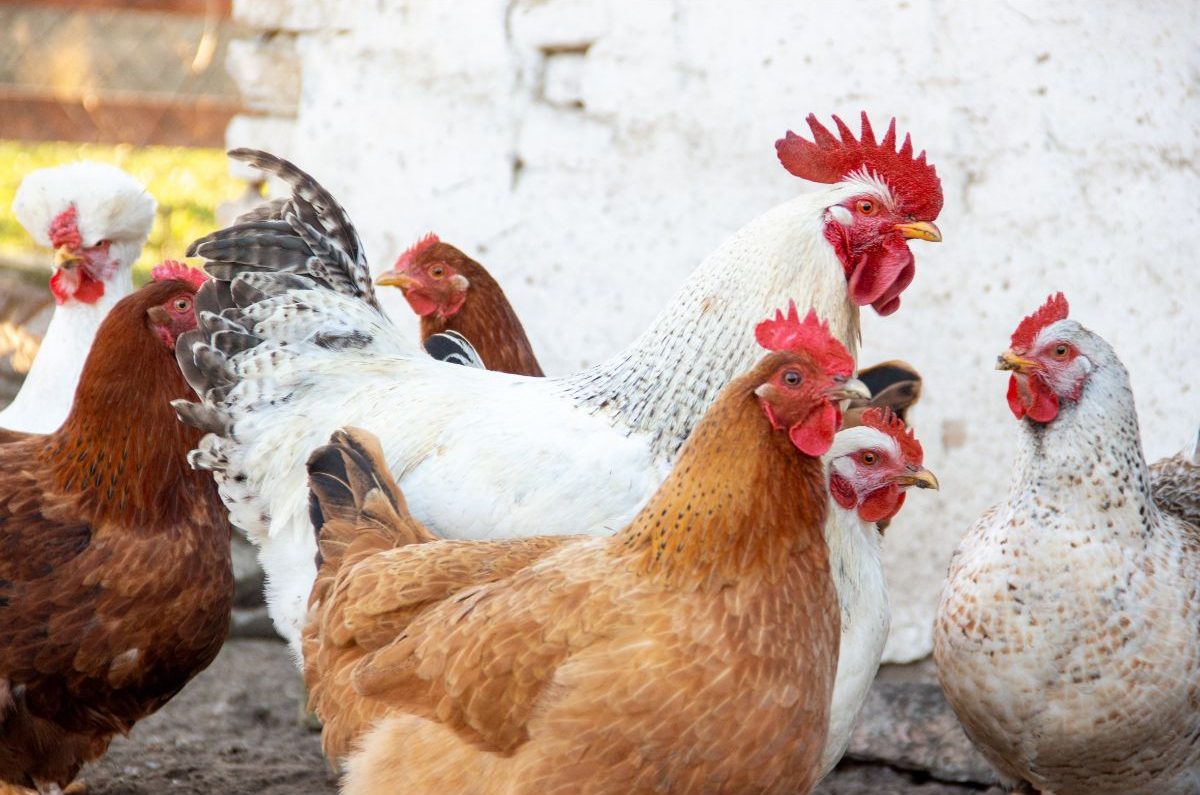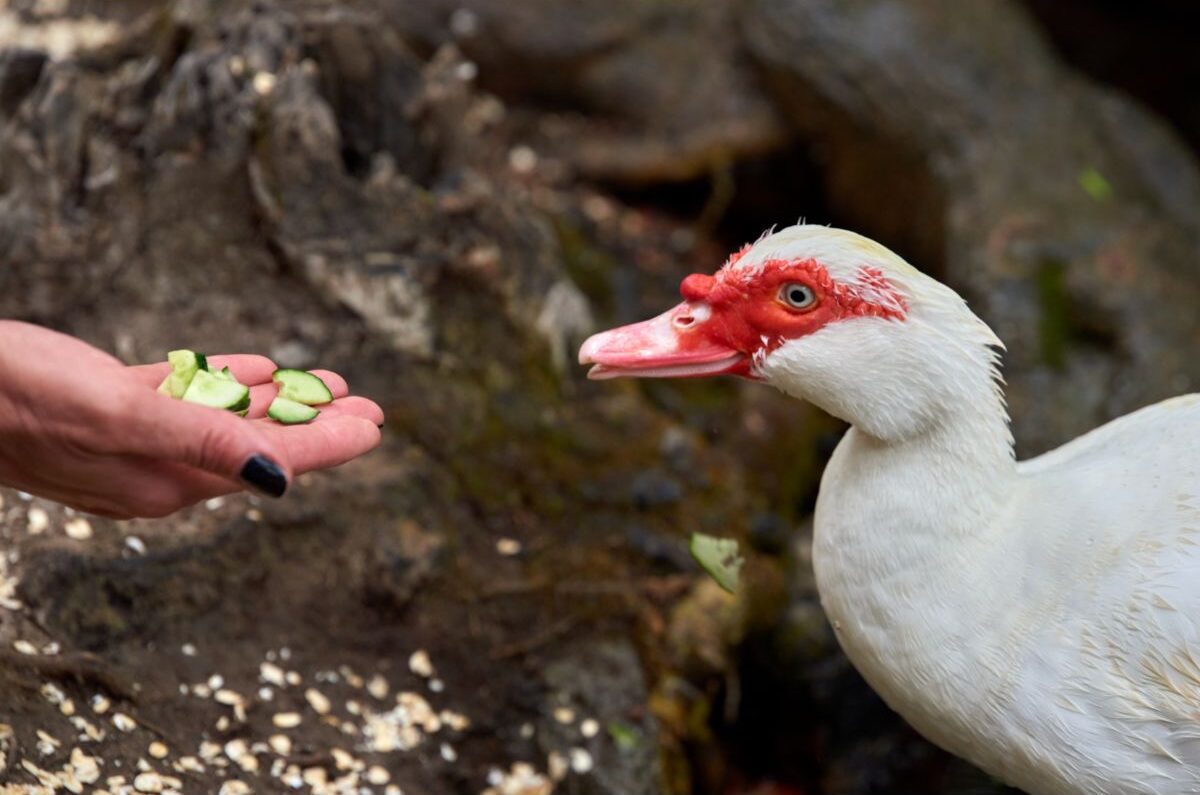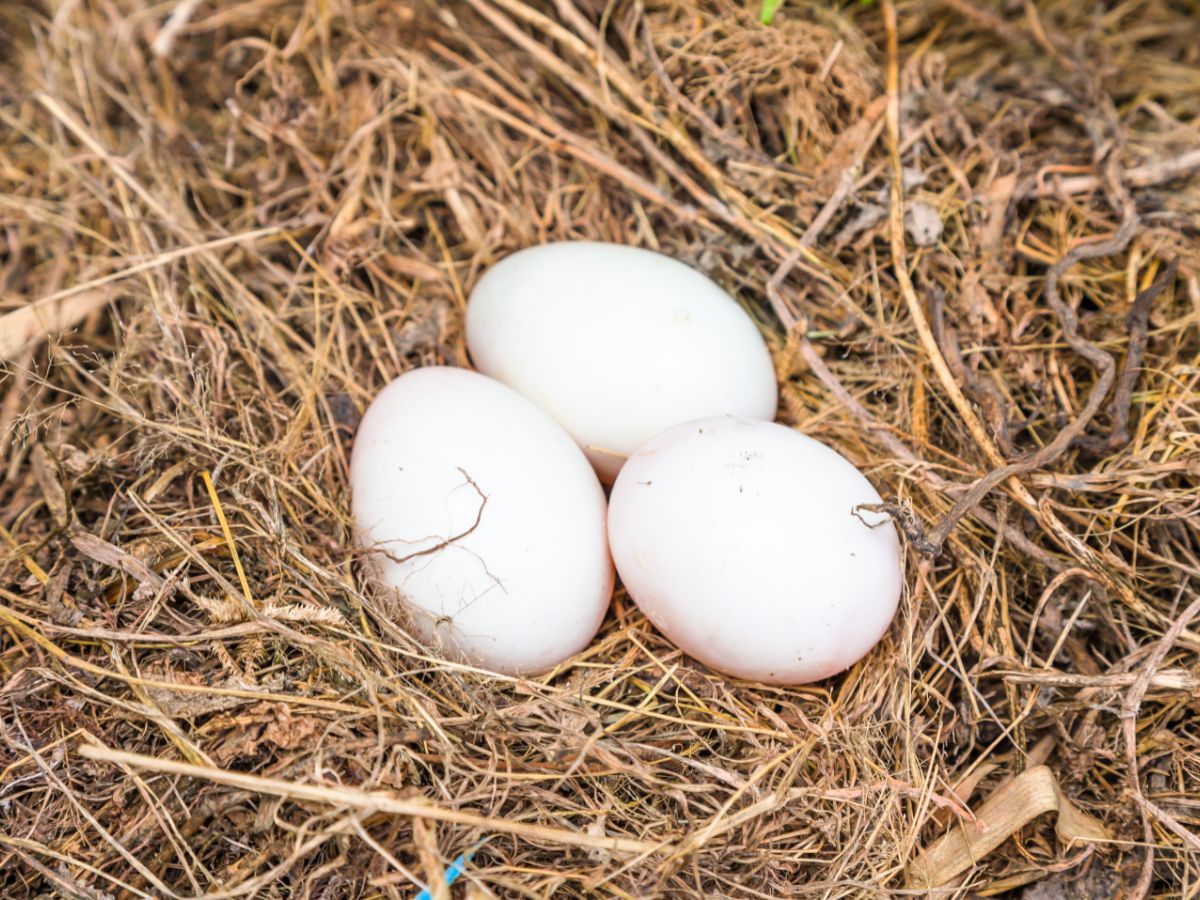Do you love chickens and want to keep one as a pet but have limited space? You may have wondered if you can keep only one chicken. Do chickens need companionship, and are they happier in a setting where there is more than one? Do chickens get lonely?
You can keep only one chicken, but it will become lonely, sad, and bored. Solitary chickens can become lethargic, depressed, molt due to stress and become ill and die if they are lonely or do not get enough stimulation. Chickens do best when kept in larger flocks of 5 to 30 birds.
The easiest way to keep a single chicken would be in a place with a small garden where the chicken can scratch in the sand and enjoy the sunshine. Chickens love to forage and can keep themselves busy for some time. If you can work from home, the chicken can get the needed interaction daily.
Contents
Can You Keep Only One Chicken?
Chickens are very social animals who flourish in flocks of up to 30 members. A single chicken will not flourish living alone. Like other social bird species, chickens love to forage, eat, dust-bathe, and roost together. Unlike other birds, chickens will lay eggs and raise their chicks publicly. If you can keep multiple chickens, maybe consider another pet.
When a chicken is alone, it will get bored. As a very social bird, a chicken doesn’t want to sit alone all day and do nothing. Just like you, a chicken wants something to do during the day. Getting at least two chickens gives them someone to talk to and play with. If you can’t have two chickens, get a hen. Hens are more affectionate and quieter than roosters. They also adapt to being handled better.
For your hen’s socialization and protection, please keep her in the house as you would with a cat or a dog so she can interact with humans she would if in a flock. You’ll also need interesting things for her to do. Give her half of the cabbage to peck at or build her a secure pen outside for her to scratch for worms and bugs every day. Hang an apple for her to peck at, get a ball or get some fun bird toys.
Do Chickens Get Lonely?
Chickens naturally get together for warmth and comfort when they are frightened, stressed, or want company. As very social animals, chickens can become very depressed without companionship. Chickens that are alone are known for harming themselves. They pluck their feathers to eliminate the boredom of living without companions.
Most chicken owners would recommend keeping more than one chicken together for at least three or more. Some people do successfully keep one chicken by itself. If possible, keep your chicken in your house so it can interact with you and your family and not get lonely in the absence of other chickens. It also helps if you keep toys for your chicken to play with like you would with a dog or cat.
Toys that involve food can be great fun for your chicken. And if you are going to get one chicken, it’s best to get a hen rather than a rooster. You’ll also be able to get fresh eggs daily. You can also share some of your food with them here and there to make them feel a part of a flock. It is always better for chickens to be in a flock, though.
Unlike cats and dogs, who are happy to make you a part of the pack, chickens aren’t quite the same. They do get a bond with their owners, but they will still get lonely without other chickens, which can shorten their lifespan, affect egg laying and cause stress. If you’re looking to get a chicken, wait until you’re in the position to get a flock.
What Do I Do When I Have One Chicken Left?
Chickens, on average, live five to ten years. However, some chickens have been reported to live up to sixteen years. So if you have a flock, the numbers will change and diminish over time, and if you don’t replace the chickens, there will come the point where only one chicken is left. It would ideally be best if it doesn’t get this far. But circumstances can change over ten years.
Another option would be to find a new home for your chicken where they have a flock, but it isn’t always easy since you may have formed an emotional bond with your chickens and them with you. Much will come down to your chicken’s personality.
If a chicken grew up around people and got a lot of human interaction, they are more likely to thrive alone than a chicken in a flock. A chicken that’s older and coming to the end of its life is Mabey better to keep on its own since joining a new flock may be stressful and not worth the short while. If you decide to keep the chicken, let it come into your house and be a part of the family.
That way, it won’t get lonely and can enjoy and live out its days calm and stress-free while you enjoy its company.
How Many Chickens Should I Keep?
Chickens are very sociable animals and should be kept in a flock of at least three to six. With that amount of chickens, you’ll always have a stable supply of eggs. Chickens are usually most busy in the first two years of their lives. After two years, egg production will start to slow down, so you’ll have to think about replacing your flock with younger birds eventually.
Young chicks can be bought easily from suppliers, or you could hatch your own if you have your own rooster or buy fertilized eggs. You can purchase chickens at several different stages of development. Here are a few different types of chicks you can purchase:
Ready to lay hens: They are twenty weeks old and just about to start laying. They are more expensive than day-olds. But you get your eggs sooner. They are all females and can go straight to the coop. They can be ordered through a farm supplier.
Day-old chicks: They are available to buy from hatcheries. Farm suppliers do one or two chick orders annually, so you can get your chicks where you get to feed them. They are usually under three dollars per chick, and you may have to wait about six months for eggs.
Mature laying hens: Older laying hens are quite hard to get. Unless someone nearby with a small flock is looking to replace older hens and sell them to you.
Conclusion
Chickens can make excellent pets, but it is more time-consuming and difficult to rear a single bird because they will require extra attention and ultimately have a shorter lifespan.
A great idea for a single chicken would be to adopt a hen that’s done laying and give her some special undivided attention in her golden years.




